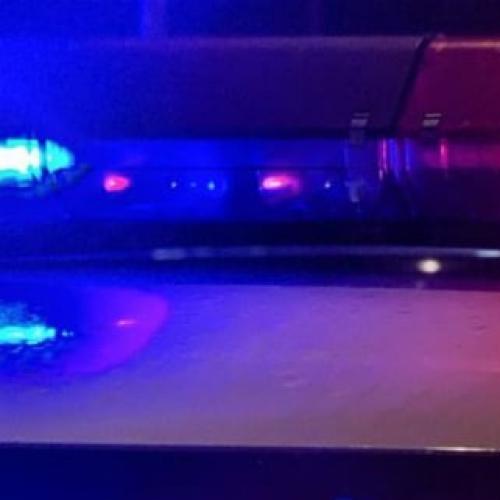We all love fireworks, but they can be an explosion of fear for animals.
Pet owners are urged to prepare their pets ahead of loud firework displays and events for New Year’s Eve on Saturday.
Sudden loud noises can stress our pets out and even cause them to run away in fear.
Craig Montgomery from the Animal Welfare League Queensland has told myGC pets should be kept inside.
“It’s a wise idea to have some music or put the TV on, and also close your window coverings as well because the flashes will stress the animal,”
“The sudden loud noises associated with fireworks are one of the most prevalent phobias in animals. It results in many digging under or jumping over fences to escape from their properties and get away from the noise. Unfortunately, this then puts them at risk of injuring themselves.”
The AWLQ is also encouraging pet owners to ensure their pet’s ID tags and microchips are up to date, in the event they do get out of the home.
“This is really essential because then if your animal does become lost they can be easily reunited with the family,”
“Losing a pet is a very distressing time for owners. If your pet goes missing, check your neighbourhood, as someone may have found your pet and is keeping them safe. Also, contact your local Council, animal shelters and vet clinics. It is also a good idea to list your pet missing on social media lost and found pages.”
Handy Tips from the AWLQ in what you can do to calm and protect your pets this New Year’s Eve:
- Bring pets indoors during fireworks, ensuring all doors and windows are closed – this will also help reduce the noise and stress. Turn on music or the TV to drown out louder sounds, and make sure your pet is comfortable.
- If your pet gets particularly frightened by fireworks and loud noises – consult your vet for further advice and medication options. Some medications and techniques might help alleviate your pet’s fear and anxiety.
- If you are not able to be home – ask a neighbour or family member to take care of your pet in the event you are unable to do so.
- Ensure all pets have identification – ensure your pet’s microchip details are up-to-date and they are wearing a collar and identification tag. If you aren’t sure which company your pet’s microchip is registered with, visit www.petaddress.com.au to search for your pet’s microchip.
- Visit www.rshq.qld.gov.au to see if any displays are scheduled near you. This list contains the information provided to the Explosives Inspectorate through notifications and is updated regularly.










